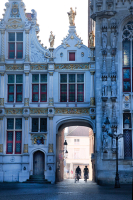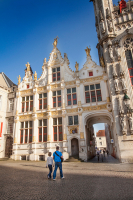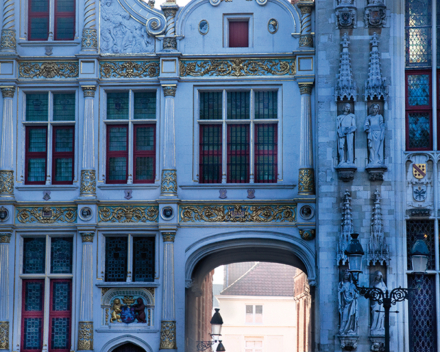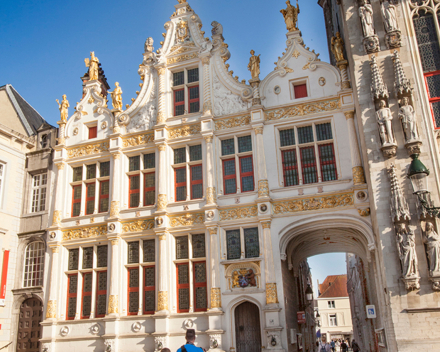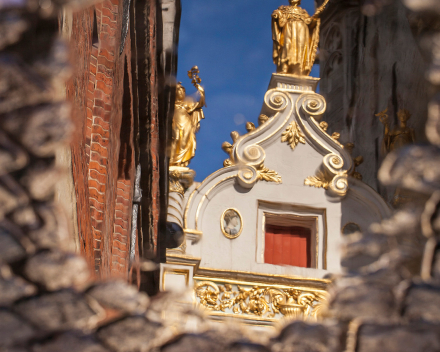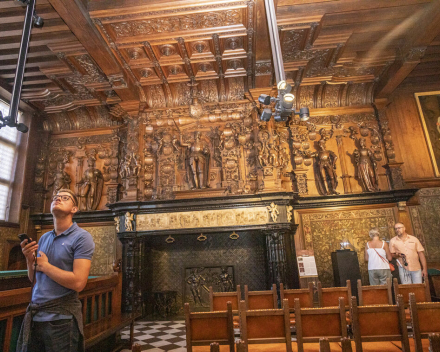Time information
Price information
Individuals
- Adults::€ 7,00
- seniors 65+: € 7,00
- Youth up to 25 years: € 6,00
- Children up to 12 years: € 0,00
- Musea Brugge Card: € 0,00
- Friends of Musea Brugge: € 0,00
- Museumpassmusées: € 0,00
Tickets for the Groeningenmuseum
https://www.museabrugge.be/en/koop-tickets
Locatie
Burg 11 a
8000 Brugge

